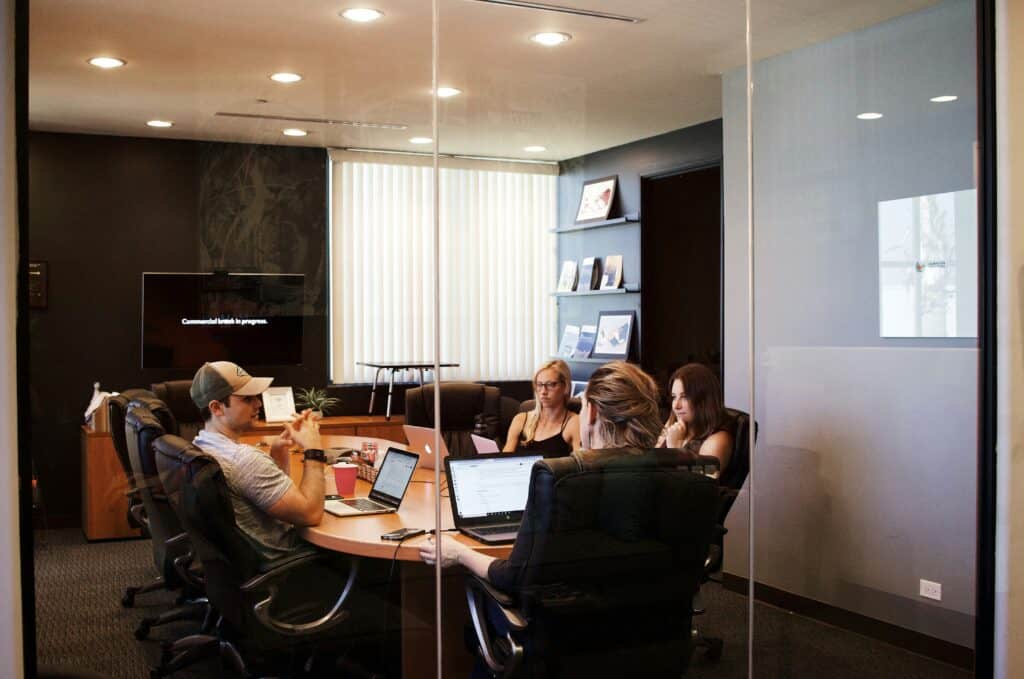In recent years, social media platforms have been transformed into dynamic ecosystems where people share not only their hobbies and talents but also their work-related experiences and struggles. One of the most compelling movements to emerge from this is #WorkTok, a collection of TikTok videos that shine a light on what it’s like to be a young professional in today’s world. A lot of these videos are created by Gen-Z workers, who are vocal about their challenges in the workplace—issues that range from burnout to a lack of purpose.
As these videos circulate and gain traction, they provide businesses with invaluable insight into the real experiences of Gen-Z workers. To improve retention and enhance satisfaction, companies need to take note of these authentic voices and adjust their human resources practices accordingly. This blog explores the key struggles that Gen-Z faces at work and suggests how human resources can make a positive difference.
Gen-Z in the Workplace: Struggles on Display
Generation Z, typically defined as those born between 1997 and 2012, represents a unique cohort that’s entering the workplace with high expectations and a new set of values. Despite their enthusiasm and energy, many Gen-Z workers find themselves at odds with traditional workplace environments. Here are some of the primary challenges Gen-Z experiences:
1. A Disconnect Between Expectations and Reality
Gen-Z workers have grown up with technology, flexibility, and the promise of meaningful work. Many of them enter the workforce with the hope of making a significant impact and finding a sense of fulfillment. However, they often find themselves in rigid environments where their creative ideas are sidelined, and their roles do not seem impactful. The reality of entry-level work, which may involve mundane tasks and minimal autonomy, clashes with their expectations.
2. Mental Health and Burnout
Gen-Z is also known for its focus on mental health and well-being, and rightfully so. Unfortunately, their passion for work-life balance does not always align with the structure of many companies. The pressure to be “always on,” manage demanding workloads, and constantly prove themselves leads to burnout, anxiety, and depression. #WorkTok is filled with videos that capture moments of stress, sleep deprivation, and the mental toll that comes from trying to meet expectations.
3. Lack of Meaningful Connection
Gen-Z values community and a sense of belonging, but the transition to hybrid and remote work environments has made connecting with colleagues more challenging. The absence of meaningful in-person interaction can leave many Gen-Z workers feeling isolated. The “office culture” that helped older generations form friendships and connections may not exist in the same way today, making it hard for Gen-Z workers to feel a part of something larger.
4. Desire for Growth and Learning Opportunities
Gen-Z is characterized by a strong desire for personal development. They want to grow, learn, and constantly be challenged, but many companies still rely on outdated training practices. When faced with repetitive, unchallenging tasks and a lack of opportunities to upskill, Gen-Z quickly becomes disillusioned. They crave clear paths for advancement, skill-building opportunities, and the chance to work on projects that matter.
How Human Resources Can Create a Better Environment for Gen-Z
From a human resources perspective, addressing the challenges that Gen-Z faces is not just about improving retention—it’s about creating a culture that supports the success and well-being of employees across all generations. Here are some key strategies HR can use:
1. Foster Open Communication and Active Listening
Gen-Z values transparency and open dialogue, and HR needs to create spaces where young employees feel heard. Implement regular check-ins, encourage feedback, and act on the suggestions of your employees. Consider setting up anonymous channels where concerns can be voiced without fear of repercussions.
2. Promote Mental Health and Work-Life Balance
Prioritizing mental health must go beyond offering employee assistance programs. HR can introduce flexible working hours, emphasize the importance of taking breaks, and normalize conversations around mental health. Providing resources such as wellness workshops and access to mental health services can help alleviate the stress that Gen-Z often reports in their #WorkTok videos.
3. Offer Learning and Development Opportunities
To address the desire for growth, HR should invest in robust learning and development programs. This includes offering online courses, access to mentorship, job rotation opportunities, and on-the-job training. Providing tangible career progression plans and making the steps for advancement clear will also help keep Gen-Z motivated and engaged.
4. Create a Sense of Community
Since many Gen-Z workers feel disconnected in remote or hybrid environments, HR needs to take deliberate steps to foster community. Hosting virtual team-building events, arranging casual in-office gatherings, or creating internal affinity groups based on interests can help strengthen the sense of belonging.
5. Recognize and Reward Contributions
Recognition is essential for boosting morale and making employees feel valued. Create formal and informal systems to acknowledge contributions, whether it’s through shout-outs in team meetings, employee awards, or even personalized notes of appreciation. Recognizing achievements, both big and small, helps Gen-Z feel that their work has meaning and impact.
Klein HR Solutions: Partnering for a Better Workplace
Creating an environment where Gen-Z workers feel fulfilled and valued is crucial for both individual well-being and business success. At Klein HR Solutions, we understand the challenges that come with managing a diverse workforce and implementing meaningful change. Our team of experienced professionals helps businesses identify areas for improvement and develop targeted strategies that support the growth and satisfaction of Gen-Z employees.
From enhancing training programs and communication practices to building strong employee support systems, Klein HR Solutions works closely with companies to put effective plans in place. By helping managers and business owners understand the unique needs of Gen-Z workers, we empower them to foster a workplace culture that is inclusive, engaging, and rewarding for everyone. To learn more about how we can assist you, visit kleinhrsolutions.com.

